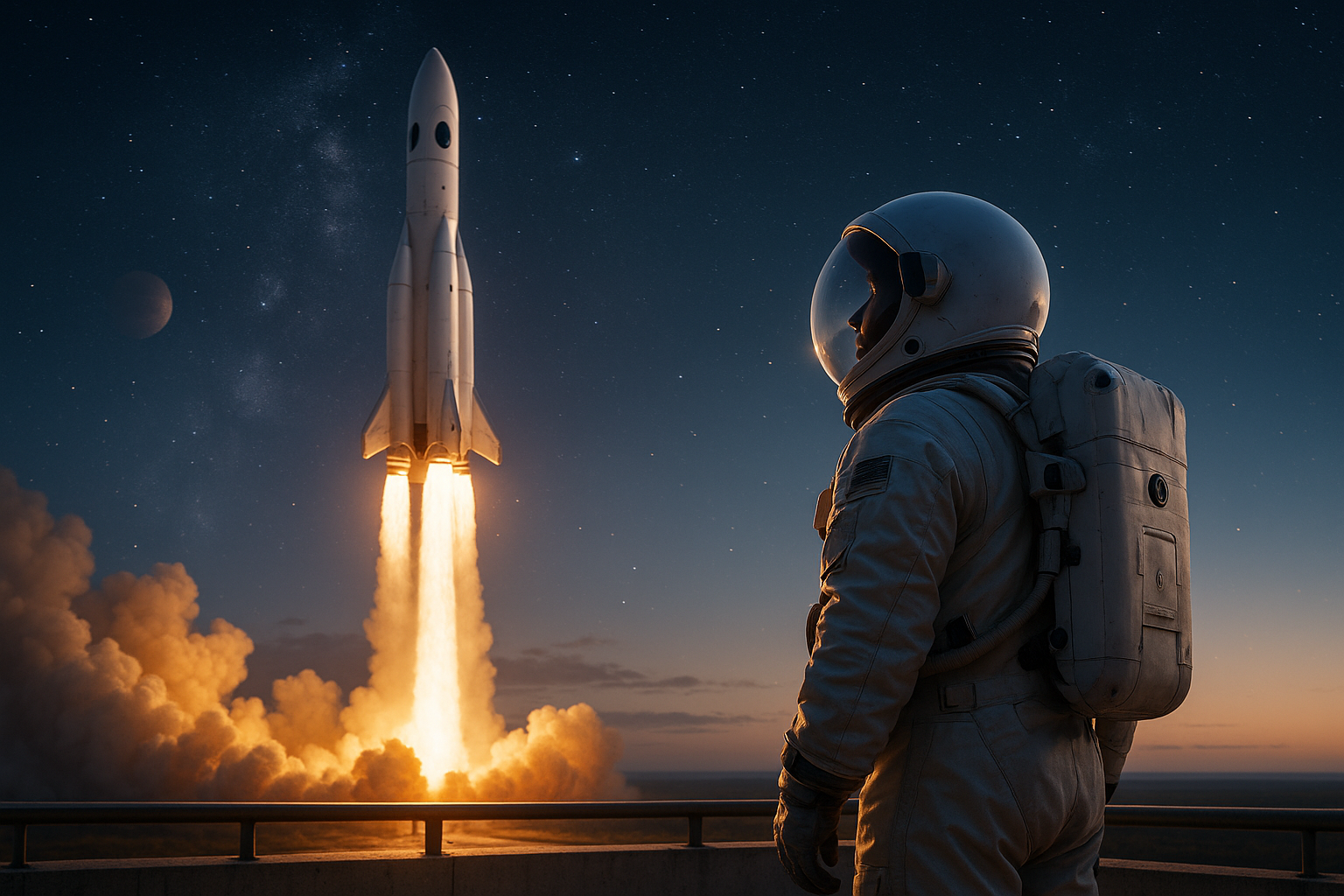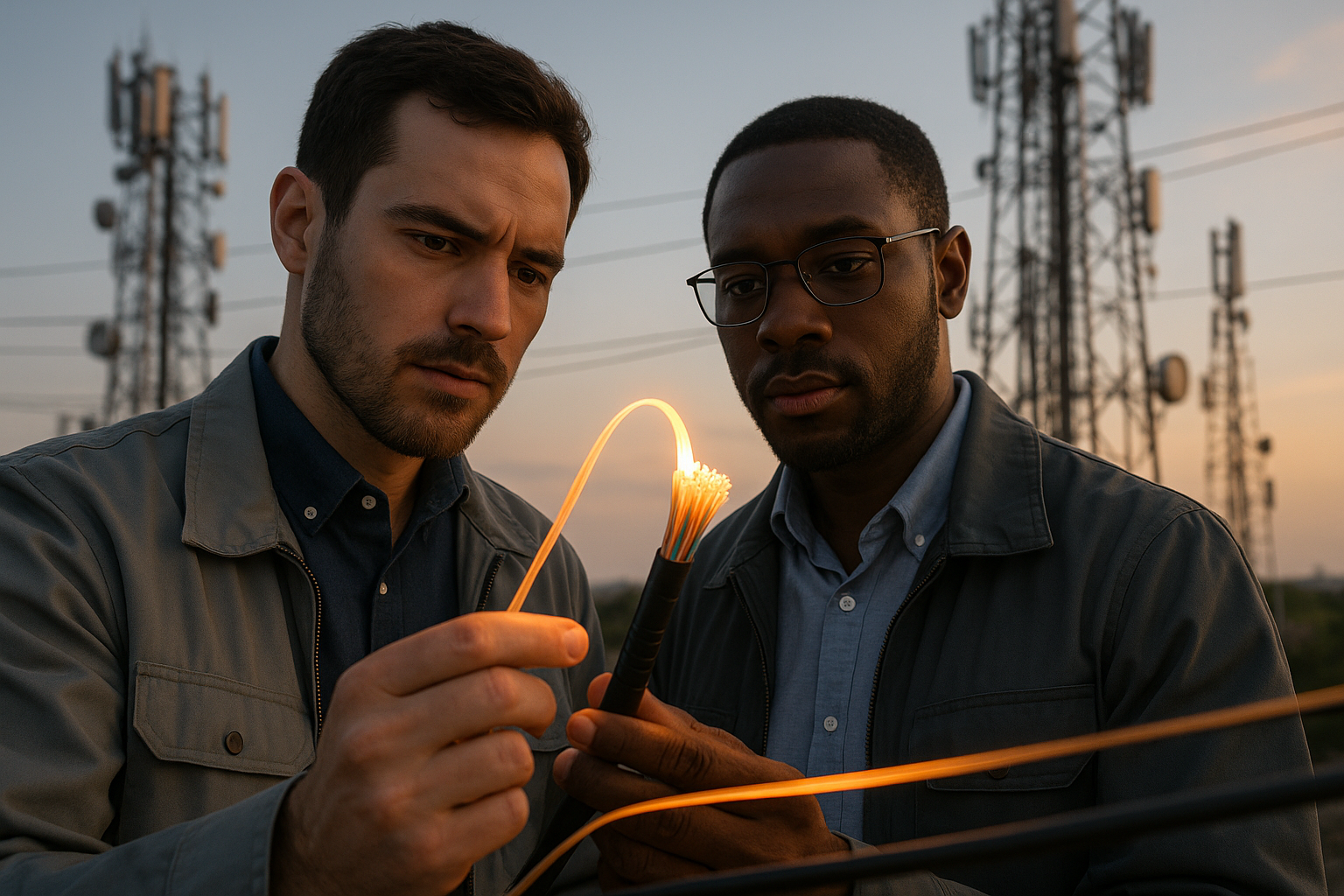The Dawn of Space Tourism: A New Era of Galactic Travel
The universe is teeming with infinite possibilities and adventures. As we continue to explore the world around us, we are also venturing out into the cosmos. Space tourism, once a concept found only in science fiction, is rapidly becoming a reality. With the advent of advanced technologies and innovative companies, the final frontier is more accessible than ever. This article will delve into the birth, evolution, and future of space tourism, providing a detailed overview of this emerging trend.

The Genesis of Space Tourism
The concept of space tourism was born out of the Space Race between the United States and the Soviet Union during the Cold War. Initially, space exploration was purely governmental, with astronauts representing their countries in a race to conquer the cosmos. However, the idea of civilians traveling to space started to gain traction in the late 20th century.
In 2001, American businessman Dennis Tito became the first space tourist, purchasing a $20 million ticket to the International Space Station (ISS) with the Russian company Space Adventures. Since then, seven other space tourists have followed suit, marking the dawn of a new era in travel.
The Current State of Space Tourism
Several companies are currently leading the charge in space tourism. These include Elon Musk’s SpaceX, Jeff Bezos’s Blue Origin, and Richard Branson’s Virgin Galactic. These companies are pioneering reusable spacecraft and pushing the boundaries of what is possible in commercial space travel.
In July 2021, both Branson and Bezos made headlines by taking part in suborbital flights, marking significant milestones in the development of space tourism. SpaceX, on the other hand, is focusing on orbital tourism and has already scheduled civilian missions to the ISS.
Reality Check: The Challenges and Impacts of Space Tourism
Despite the promising advancements, space tourism is not without its challenges. The primary hurdle is cost. With current technologies, space travel remains exceedingly expensive, limiting its accessibility to the general public.
There are also environmental and ethical issues to consider. Some critics argue that the resources used for space tourism could be better spent addressing problems on Earth. Moreover, the potential environmental impact of frequent space launches is a concern that needs addressing.
However, proponents of space tourism argue that it could have positive effects, such as sparking interest in space and science, generating economic growth, and potentially leading to scientific breakthroughs that could benefit humanity.
Interstellar Insights: A Closer Look at Space Tourism
-
Space tourism involves various types of space travel, from suborbital flights that offer a few minutes of weightlessness to orbital missions that can last several days.
-
Currently, space tourism is a luxury limited to the wealthy, but companies are working to make it more affordable in the future.
-
Some space tourism companies are offering unique experiences, like zero-gravity art classes and spacewalks.
-
There are concerns about the legality and regulation of space tourism, as international space law primarily addresses governmental activities.
Closing Thoughts
Space tourism represents a new frontier in our exploration of the cosmos, offering unprecedented opportunities for adventure and discovery. While the industry still faces significant challenges, advancements in technology and increasing interest could make space travel a common part of our future. As we continue to push the boundaries of travel, we are not just exploring new destinations, but also redefining what it means to be a traveler.




